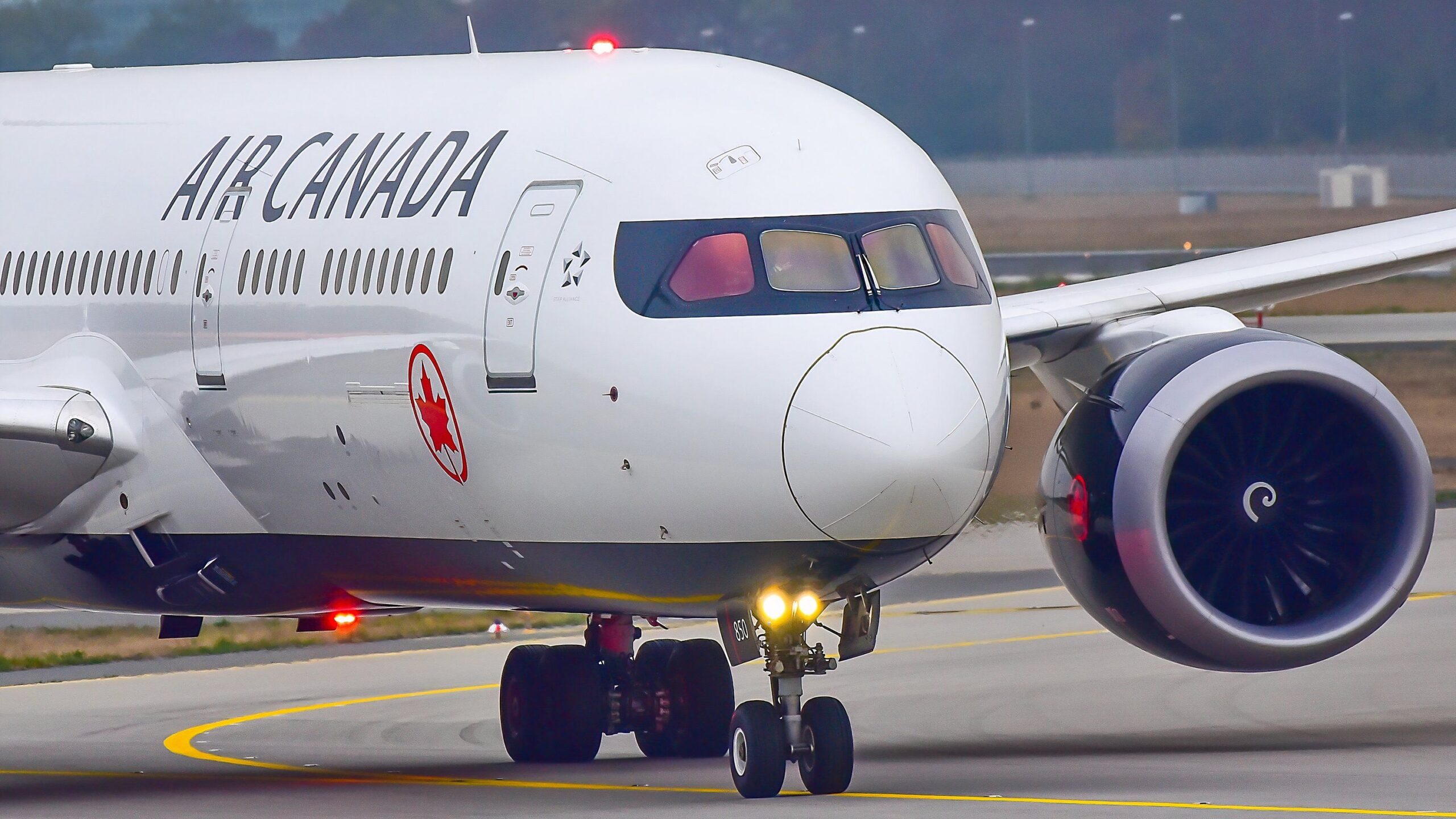Air Canada has faced a significant financial setback following a flight attendant strike that took place on August 16, 2023. The Canadian airline estimates that the strike resulted in the cancellation of over 3,200 flights, costing the company approximately $270 million (CA $375 million). This disruption has prompted Air Canada to revise its financial outlook, now projecting earnings of up to $2.23 billion (CA $3.1 billion) for the current fiscal year, according to the Financial Post.
The strike, which involved more than 100,000 flight attendants, crippled operations across the airline’s main hubs in Montreal, Toronto, and Vancouver, as well as affecting secondary locations in major Canadian cities. The labor dispute stemmed from ongoing negotiations regarding pay, leading the flight attendants to walk off the job. This action was particularly notable as the Canadian Union of Public Employees (CUPE) defied a back-to-work order issued by the Canadian Labour Board.
Financial Impact of the Strike
Air Canada’s losses extend beyond the immediate revenue impact of canceled flights. The airline will also incur substantial costs related to customer refunds and compensation claims. According to Travel Mole, the strike has led to a 2% decline in booking demand during August, further straining financial performance. While the airline has managed to partially offset these losses through savings on pre-purchased jet fuel, it faces a one-time charge of $125 million (CA $175 million) related to pension and labor expenses.
In a statement to the Globe and Mail, Zohair Khan, co-founder and chief operating officer at Airfairness, highlighted the broader impact of the strike on global travel: “I don’t think people realize the number of travelers in the air at any given day of the year – three days and over half a million people impacted around the world.”
Compensation for Affected Passengers
The strike has left Air Canada liable for an estimated $47 million (CA $66 million) in compensation owed to passengers affected by the disruptions. Canadian law complicates the process for passengers seeking refunds or compensation. The CUPE union issued a 72-hour strike notice on August 13, leading to significant disruptions for pre-booked passengers.
According to Airfairness, more than 54,000 passengers were left stranded in Europe, with an additional 15,000 affected in the United Kingdom. Overall, over 551,000 passengers worldwide experienced canceled or delayed flights. Air Canada passengers whose flights were canceled or delayed by more than three hours are entitled to travel change options and can request refunds for the unused portion of their tickets. Those encountering delays of nine hours or more may claim up to $720 (CA $1,000) in compensation.
The strike marks a significant moment in Canadian labor relations, as CUPE members became the first group to resist a return-to-work order. Despite efforts by the Federal Government to restore normal operations, the union’s members stood firm in their demands.
Air Canada, as the largest airline in Canada, operates a fleet of over 200 Airbus and Boeing aircraft and has more than 100 additional planes on order. The airline has recently been recognized for its service quality, winning the title of 2025 North American Airline of the Year as awarded by Skytrax. As Air Canada navigates the aftermath of this strike, the focus will remain on restoring operations and addressing the needs of affected passengers.
